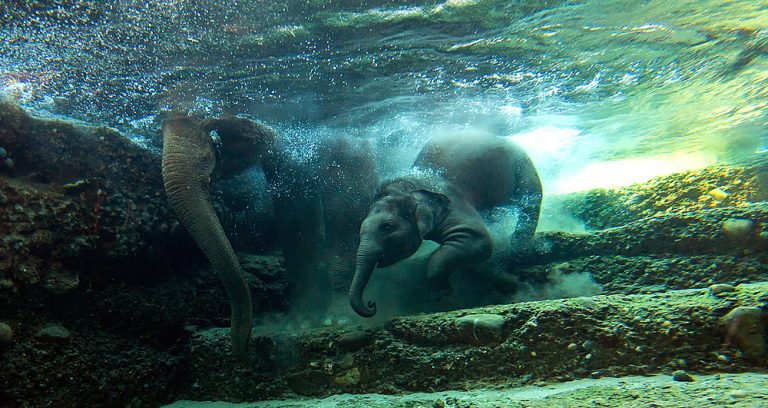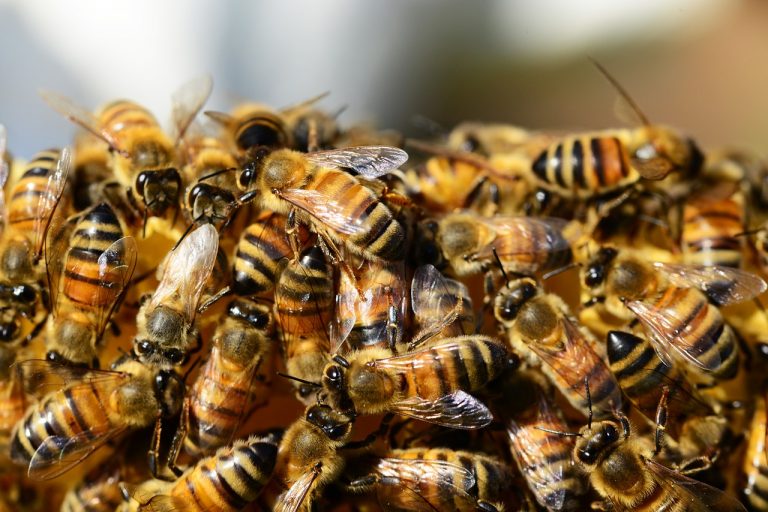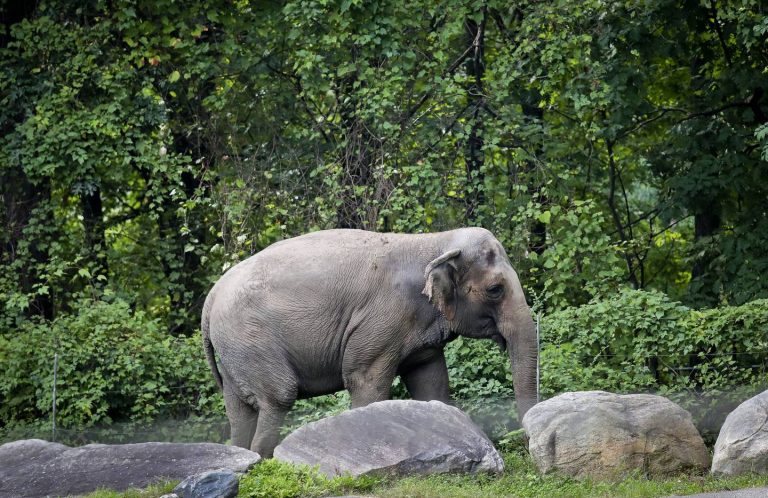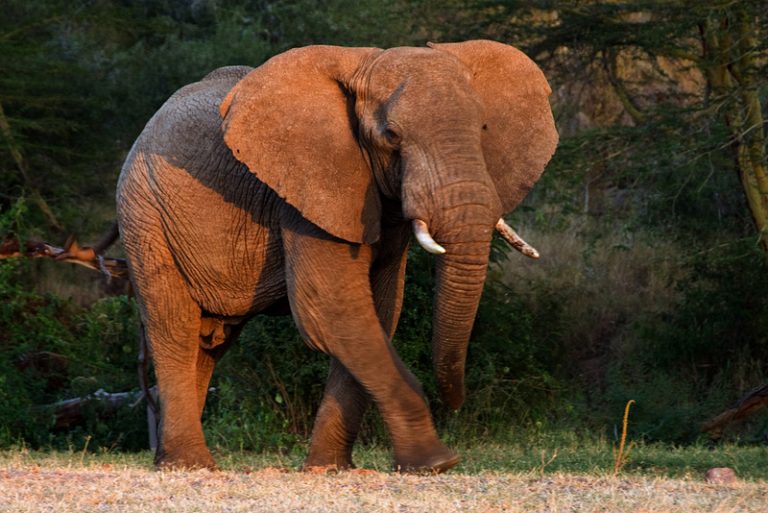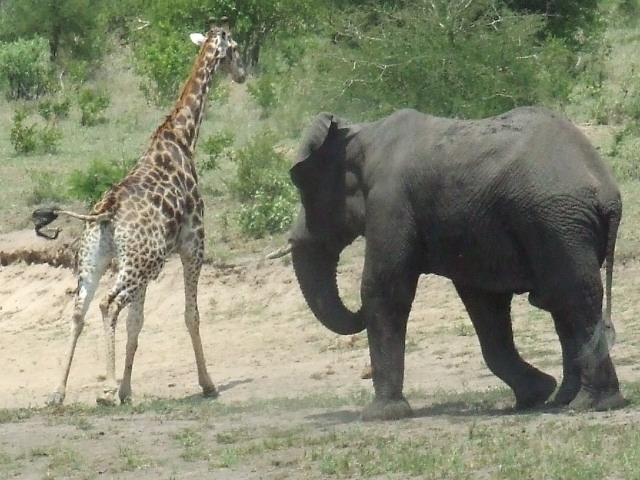Here’s Why So Many Elephants Are Dying In Zoos
Damning reports show that many elephants are dying in zoos.
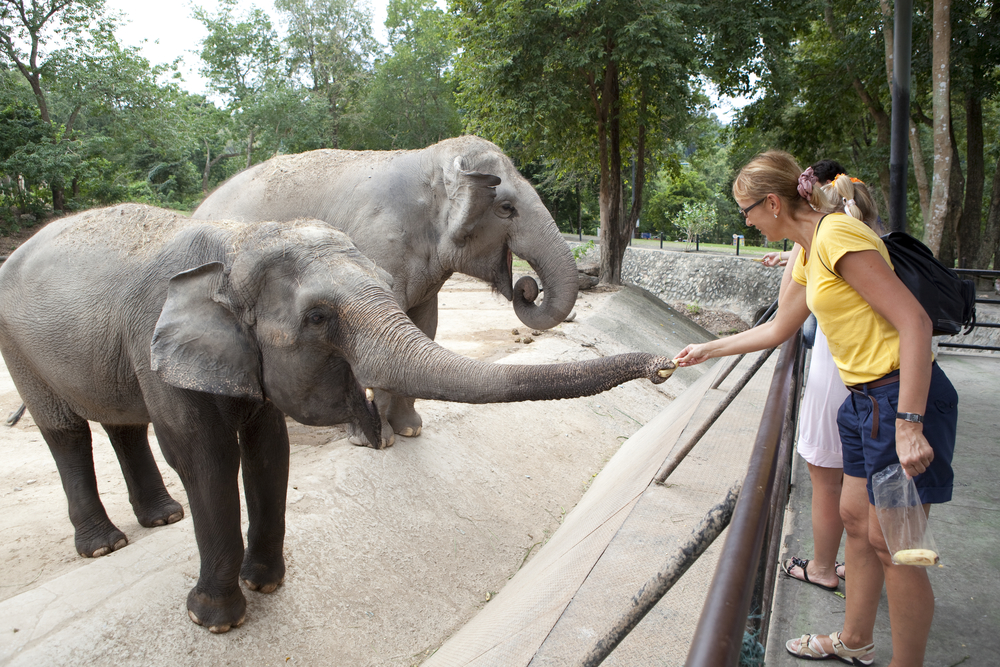
The fact that keeping elephants in captivity goes against their nature can’t be debated anymore. Facts coming out of various establishments that continue to keep these mighty mammals captive is disheartening to say the least.
Even scientists are now adding their voice and calling for zoos and other concerns to phase out elephant captivity. And zoos can’t escape the inevitable anymore: They must let these animals go to a more natural environment if not back to the wild completely.
Below we’ll look at some reports that have emerged after extensive study of elephant life in several zoos. The findings were damning, yet many zoos still choose to hold on to their elephants.
Some Shocking Findings About Why Elephants Are Dying In Zoos.
Lifespan in the wild versus captivity
A team of researchers led by Ros Clubb of the RSPCA (the Royal Society for the Prevention of Cruelty to Animals), studied the records of almost 800 elephants. Specifically, they studied data concerning the lifespan of 786 Asian and African female elephants held in European zoos from 1960 to 2005.
They compared that information with lifespan information gathered from captive Asian elephants belonging to a Burmese logging company, and their African counterparts at the Amboseli National Park in Kenya.
Their findings were that:
- Asian elephants bred in captivity lived for almost 19 years. On the other hand, those working with the Burmese logging company survived for 41.7 years.
- The situation with African elephants was much worse. In fact, they lived for just 16.9 years in captivity but roughly 35.9 years in the wild.
- After discounting African elephants killed by poachers from the tally, the average survival rate jumped to a whopping 56 years! That’s actually more than three times their lifespan in zoos.
African elephants in particular live more than three times longer in their native habitat than in zoos. – RSPCA
Sedentary living and obese elephants
Another report published by the Department for Environment, Food and Rural Affairs, focused on the welfare of 77 elephants gathered from 13 zoos in the United Kingdom. Their findings were even worse than the above study.
Some of the discoveries were that:
- These pachyderms spent 83 percent of their day indoors. In addition, an astounding 71 of them were overweight.
- Just 11 of them could walk normally.
- The enclosures for the animals were usually 60 to 100 times smaller than even the smallest territories in the wild. As a matter of fact, African elephants can move over a 2,000 square mile range, while Asian elephants normally do about 300 square miles. How many zoos can afford that kind of space?
- The animals also risked infections from tuberculosis, herpes, and arthritis.
- Calves were more at risk from infanticide than out in the wild.
- The animals showed high stress levels from being moved from one zoo to another and being separated from their mothers.
Concluding the report, Rob Atkinson (Head of Wildlife Science at the RSPCA) had this to say about the findings: “The new data shows elephants die young in Europe’s zoos, and those Asian elephants born in captivity have a poor chance of survival. Surely the way forward is to encourage conservation programmes in native habitats.”
Unlike some wildlife species that actually live longer in captivity, elephants fare much worse despite better care and protection from poachers.
An analysis from PETA shows that of the 76 elephant deaths at AZA (Association of Zoos and Aquariums) accredited facilities recorded since 2000, more than half of these creatures never reached the age of 40.
Also, from 2000 to date, over 100 elephants died from mostly health-related issues in the custody of these establishments.
What Does This Tell Us?
Obviously, many of these deaths appear to be linked to stress, obesity, and lack of exercise. The typically cold European climate, the tiny enclosures, poorly managed breeding, etc are also not to be overlooked.
Agreed, elephants die in the wild too. But, let them die of natural causes in an environment they were born for.
Scientists have been calling on zoos repeatedly to urgently check the health of these animals. Luckily several zoos are now choosing to be elephant free. Some have opted to send their surviving elephants to appropriate sanctuaries worldwide.
But what happens to the other elephants still stuck in these unnatural conditions?
Abandoning them there simply means we are condemning Earth’s largest terrestrial mammals to what could be a sentence of disease, misery, and early death.

